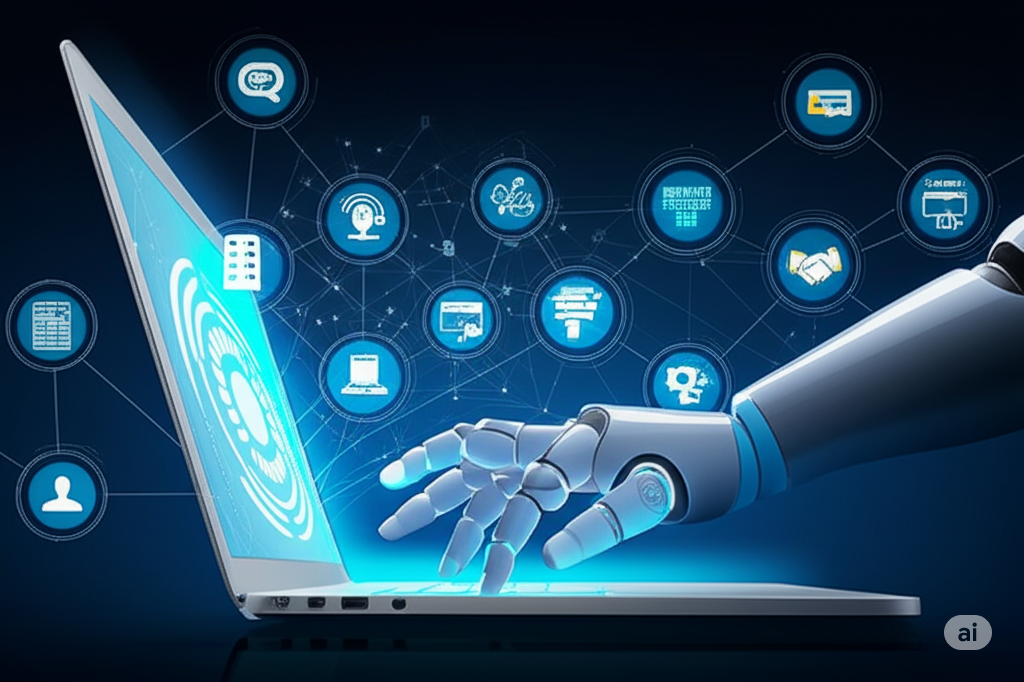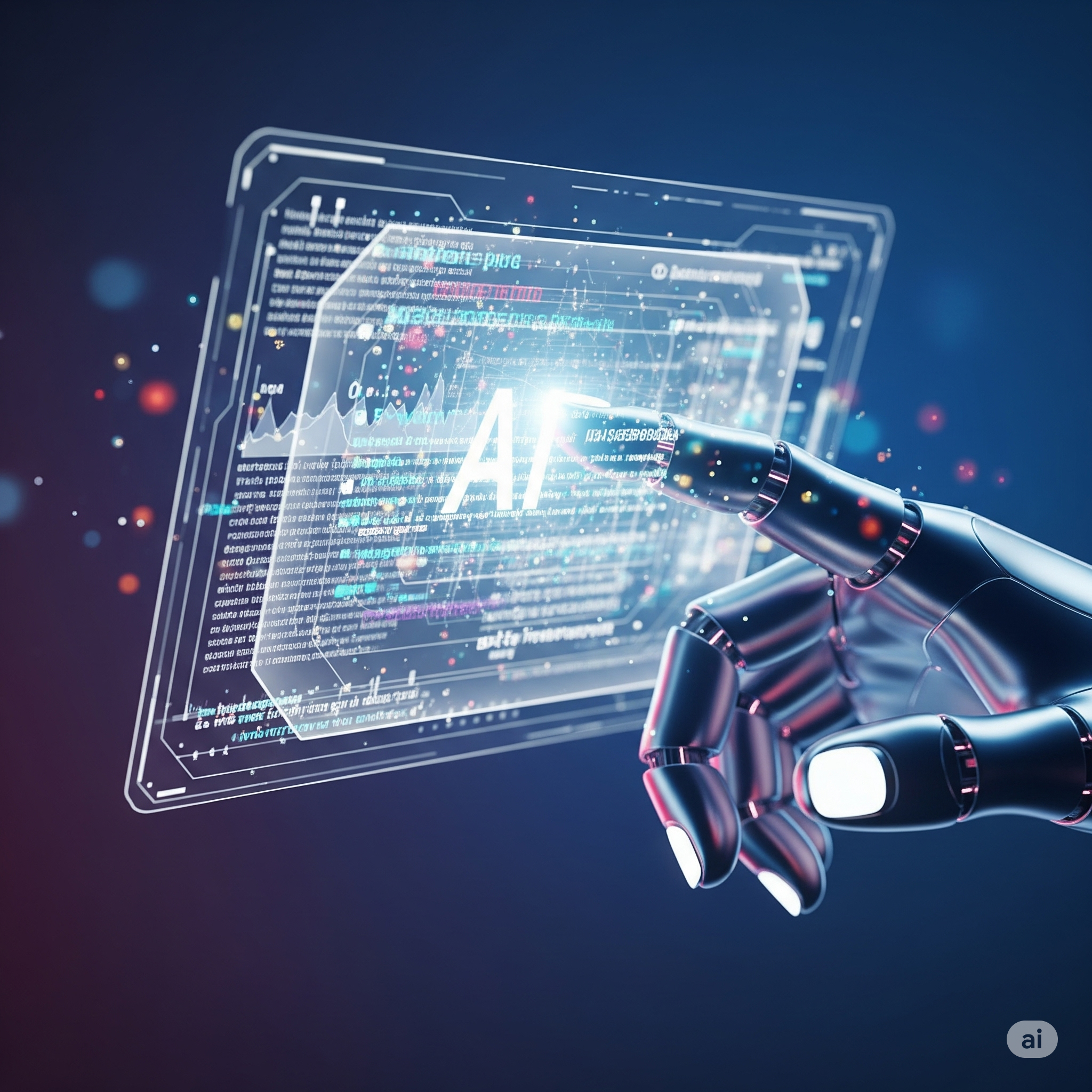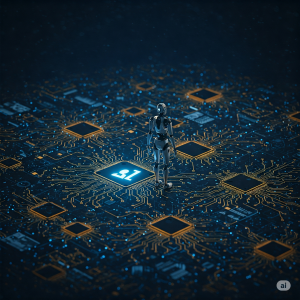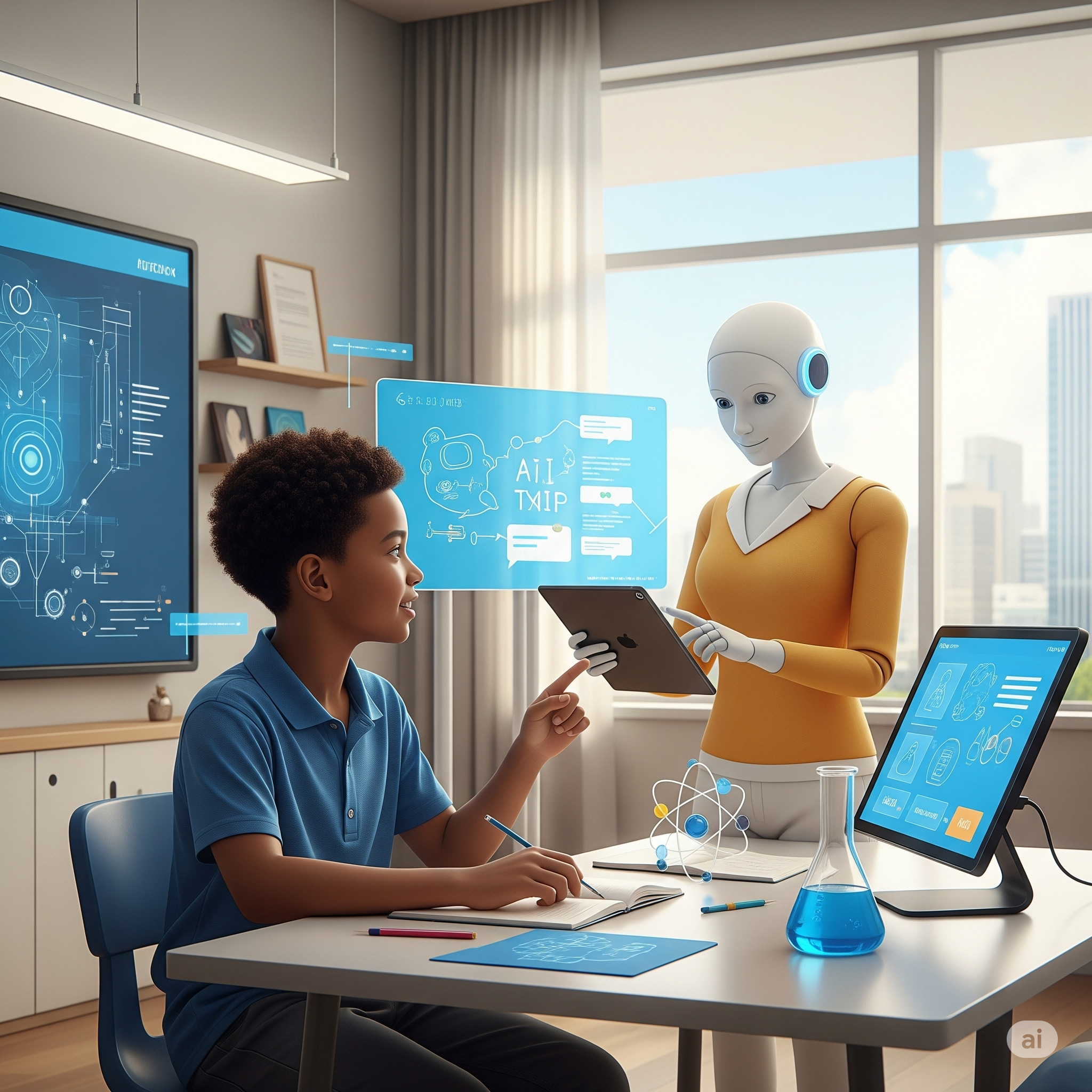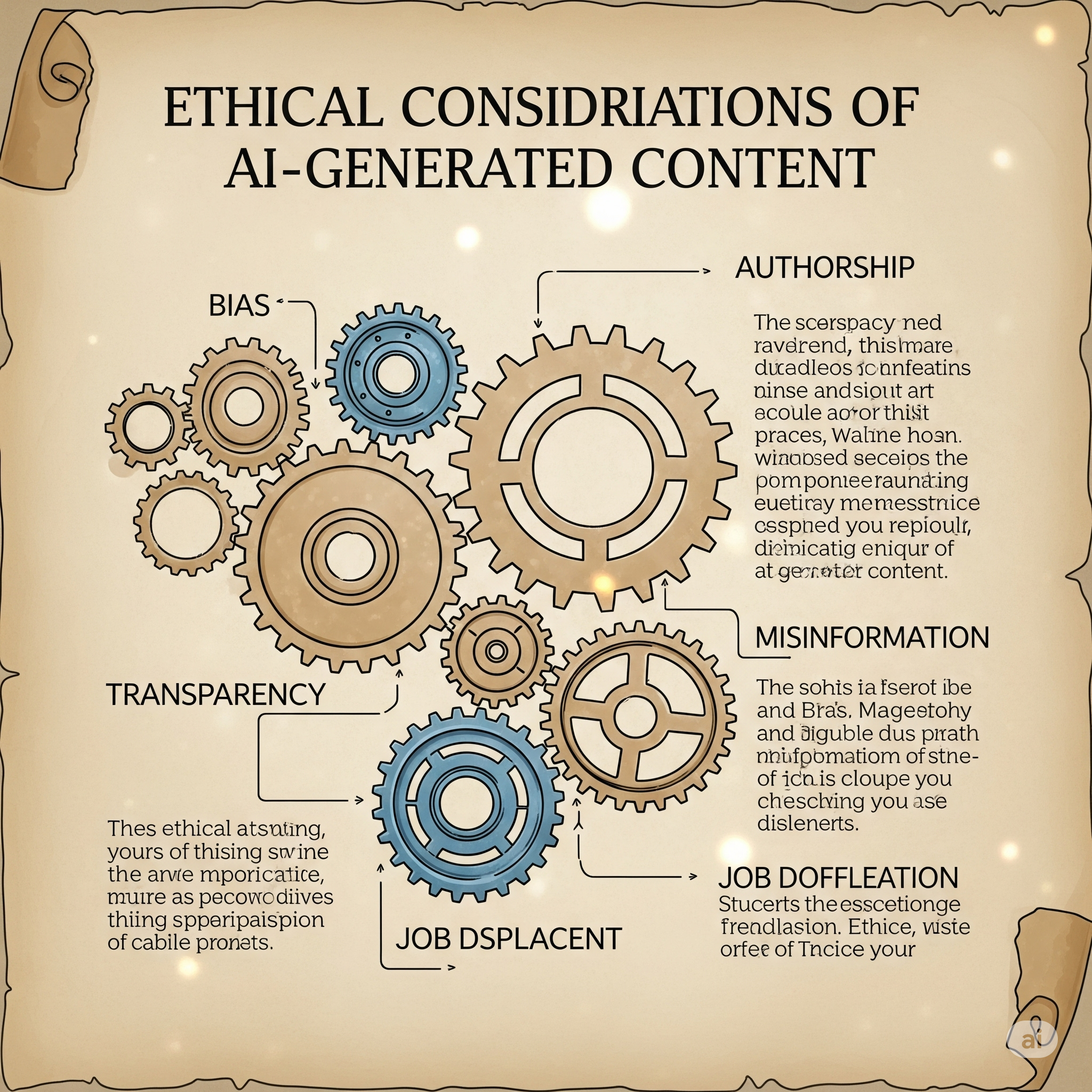Customer service, once a realm dominated by human touch, is undergoing a profound transformation. Artificial intelligence (AI) is no longer a futuristic concept; it’s a present-day reality reshaping how businesses interact with their customers. From automated responses to personalized experiences, AI is revolutionizing the customer service landscape, promising efficiency, accessibility, and a new era of customer engagement. This article delves into the multifaceted ways AI is impacting customer service, exploring its current applications and the exciting potential it holds for the future.
AI’s New Role: Elevating Customer Service Interactions
AI is not simply replacing human agents; it’s augmenting their capabilities and redefining the very nature of customer service interactions. By automating routine tasks like answering frequently asked questions, processing simple requests, and routing inquiries to the appropriate departments, AI frees up human agents to focus on more complex and nuanced issues. This allows for a more efficient allocation of resources, resulting in faster response times and a higher quality of service for customers. Moreover, AI can analyze vast amounts of customer data to identify patterns, predict needs, and personalize interactions, leading to a more satisfying and tailored experience for each individual.
From Chatbots to Companions: The AI-Powered Evolution
The evolution of AI in customer service is evident in the progression from basic chatbots to sophisticated AI-powered companions. Early chatbots were often limited to pre-programmed responses and struggled to understand complex queries. Today’s AI systems, however, leverage natural language processing (NLP) and machine learning (ML) to understand customer intent, provide nuanced answers, and even anticipate needs. These AI companions can offer proactive support, personalized recommendations, and seamless transitions between automated and human assistance, creating a more engaging and human-like experience for customers. They are no longer just tools for answering questions; they are becoming trusted advisors and integral parts of the customer journey.
The integration of AI into customer service is an ongoing journey, and its potential is only beginning to be realized. As AI technology continues to advance, we can expect to see even more sophisticated and personalized customer service experiences. While the human touch will always remain essential, AI is poised to play an increasingly vital role in shaping the future of customer service, offering businesses the opportunity to deliver exceptional experiences, build stronger customer relationships, and gain a competitive edge in an increasingly demanding market.
